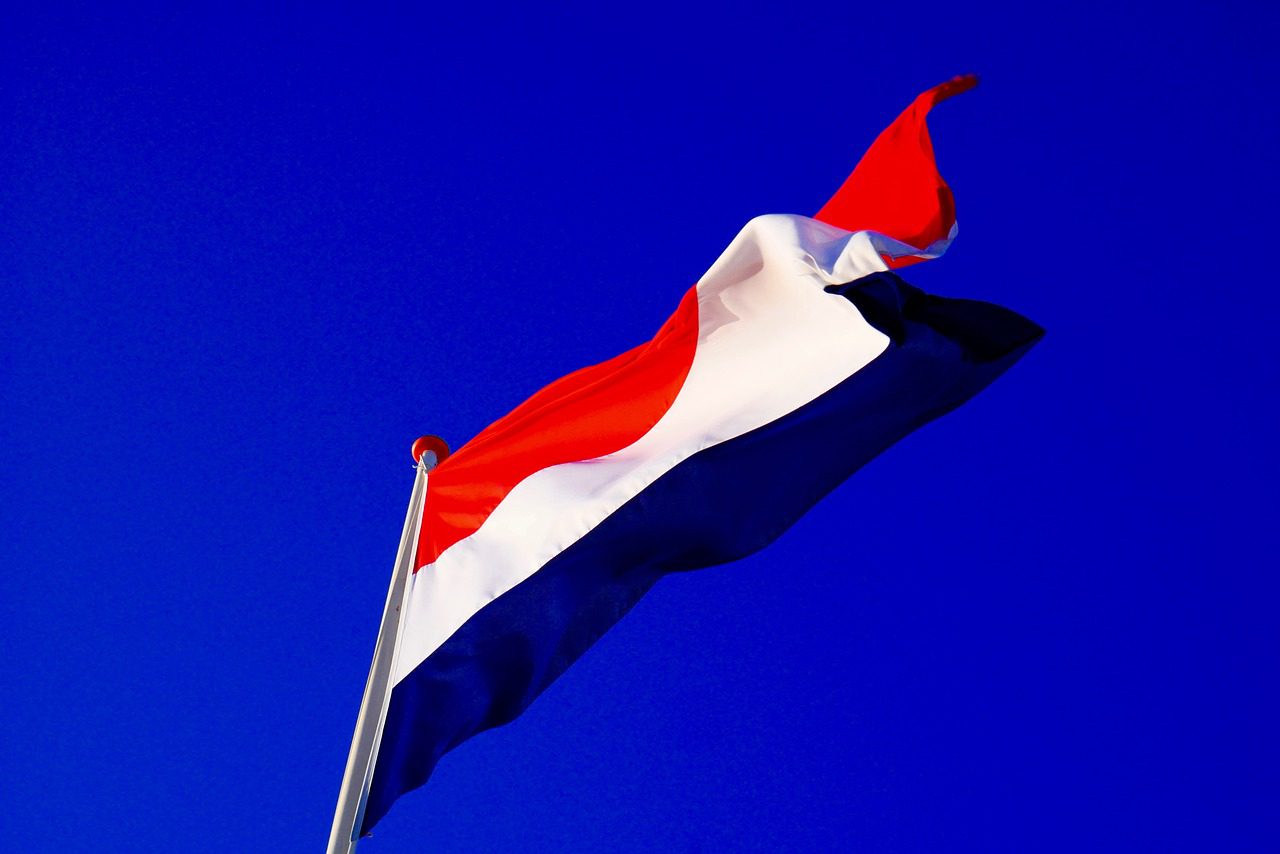
The gambling tax in the Netherlands could be increased to 37.8% after a coalition agreement between four political parties.
As reported by CasinoNieuws.nl, the budgetary appendix to the agreement stated gambling tax in the Netherlands would be altered from 30.5% to 37.8% should the agreement become implemented.
The state treasury would be provided with an additional €202m (£173.3m/$219.6m) per year in gambling tax contributions. The PVV, VVD, NSC and BBB were the parties involved in the agreement.
In November, seven parties announced their intention to generate an additional €200-400m in state contributions with an increased gambling tax.
The coalition agreement, titled “Hope, Courage and Pride”, is set to be presented today (16 May).
Netherlands proposes tax increase amid slot ban controversy
The move to raise the gambling tax in the Netherlands comes after the country’s house of representatives voted to ban online gambling advertising, as well as “high-risk” gambling, which includes online slots.
The house voted to ban all targeted advertising. The Netherlands has already prohibited untargeted advertising, with a new ban placed into effect in July 2023. The Netherlands banned mass advertising through communication forms such as television and radio, as well as sport sponsorships.
Additionally, the house voted for a ban on online slots. This is due to fears over the lack of player control over the outcome of such gaming. Socialist party MP Michiel van Nispen put forward the motions.
Though the bans passed a house vote, it will be down to the Netherlands minister for legal protection Franc Weerwind to review the law and decide whether to approve the changes.
The motions have faced fierce industry opposition. The Netherlands Online Gambling Association (NOGA) claims the bans would instead drive players towards the black market.
NOGA described the proposed changes as “thoughtless and irresponsible”. The organisation’s director Peter-Paul de Goeij is concerned that the motions are based on inaccurate figures.
“A majority in the house of representatives is taking an expensive gamble with online players who are now consciously opting for the legal offer,” De Goeij said.
“If we soon find that politicians have made the wrong decisions too hastily, the house will be responsible for the negative consequences.”